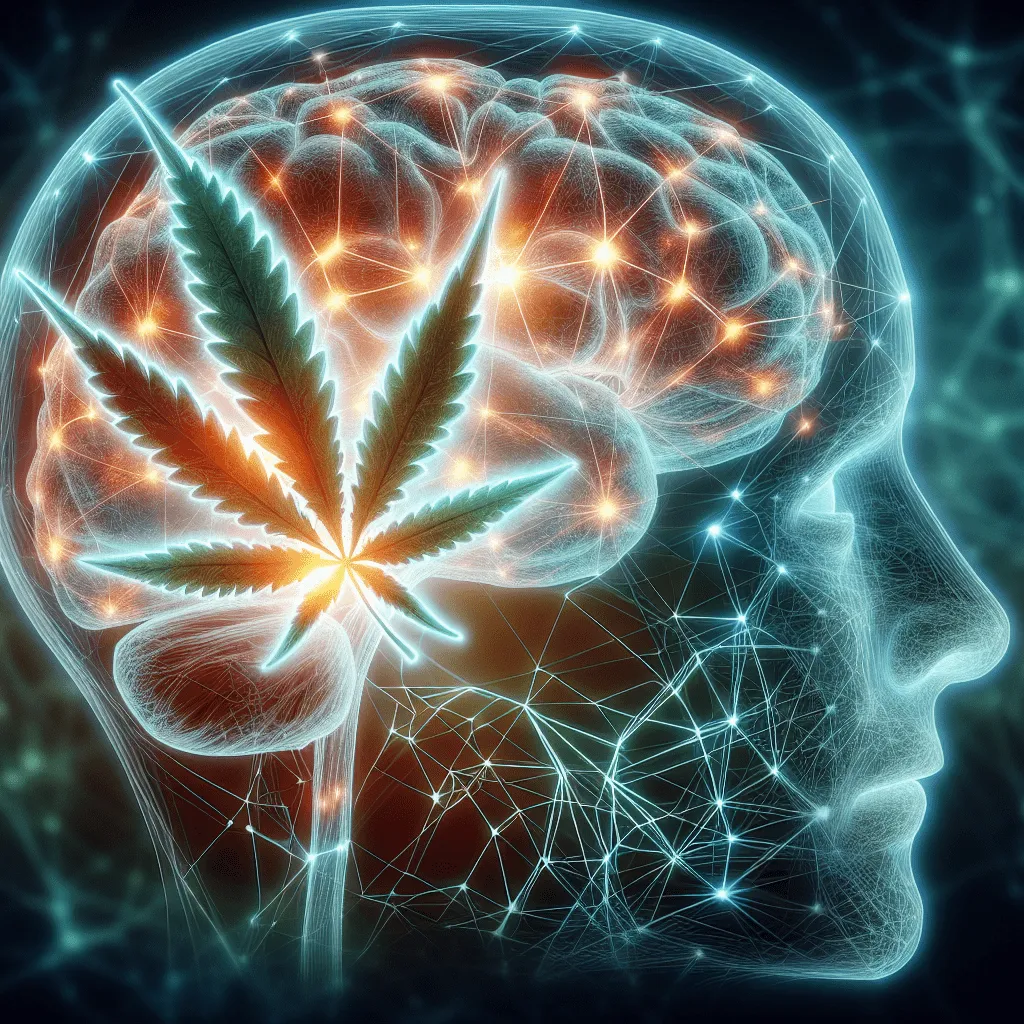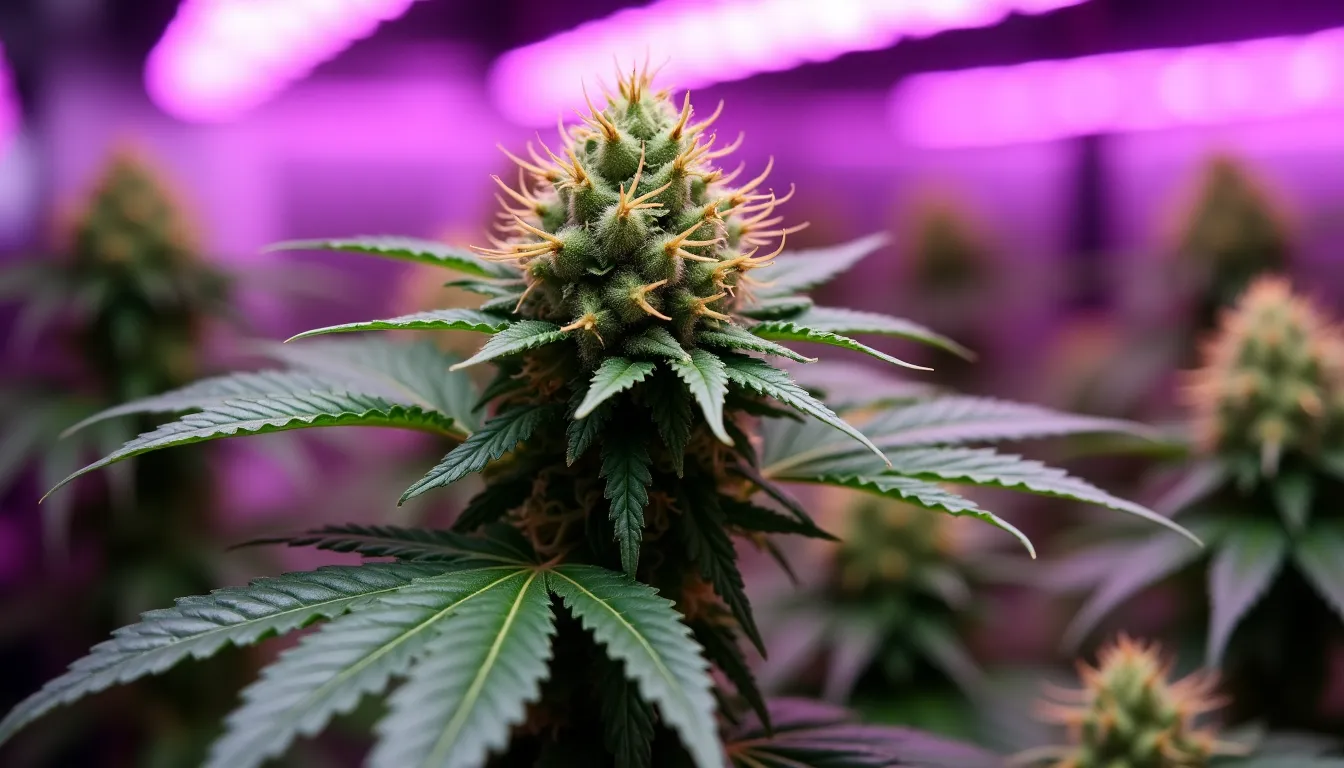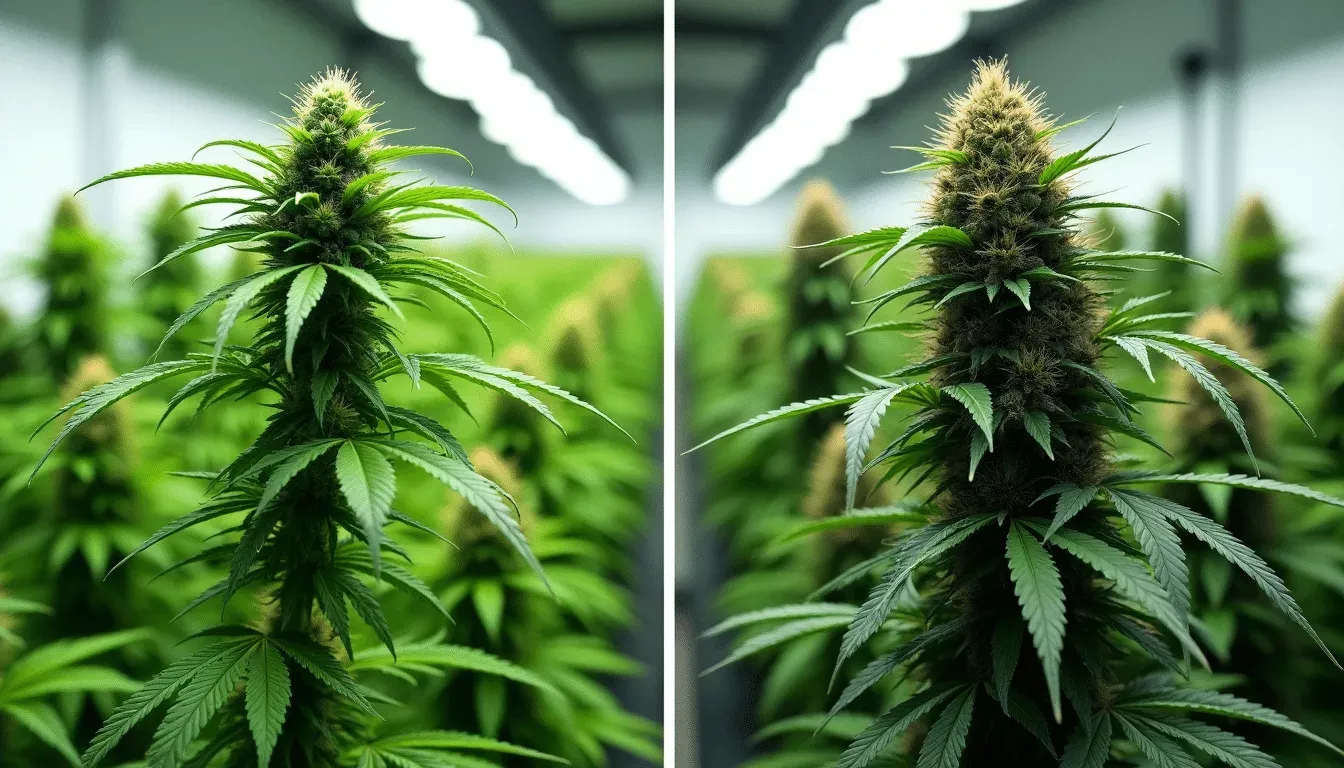Cannabis and the Brain: Understanding the Connection
In recent years, the conversation surrounding cannabis has evolved dramatically—from whispers of stigmatization to mainstream acceptance and legalization. At the heart of this transformation lies a deep curiosity about how cannabis affects one of our most complex organs: the brain. Understanding the nuances of this relationship is crucial, not only for users but also for policymakers, healthcare professionals, and the curious mind. This article delves into the intricate connection between cannabis and the brain, exploring its benefits, potential risks, and providing insights to help you navigate this fascinating topic.
Understanding Cannabis and its Components
Cannabis, also known as marijuana, is a plant genus that includes hemp and marijuana species. Its use dates back thousands of years, primarily for medicinal, recreational, and even spiritual purposes. The compounds responsible for its effects on the brain are cannabinoids, of which the two most studied are THC (tetrahydrocannabinol) and CBD (cannabidiol).
THC is the psychoactive compound that delivers the ‘high’ associated with cannabis use. It binds to the brain’s cannabinoid receptors, influencing pleasure, memory, concentration, and coordination. CBD, on the other hand, is non-psychoactive and is praised for its potential therapeutic benefits, including anxiety reduction and anti-inflammatory properties.
Navigating the Benefits and Risks
The interaction between cannabis and the brain is complex and multifaceted. On the one hand, scientific research highlights several potential benefits. For instance, cannabis can be effective in alleviating chronic pain, reducing muscle spasms in conditions like multiple sclerosis, and providing relief in chemo-induced nausea and vomiting. Furthermore, emerging studies suggest potential benefits in treating epilepsy, anxiety, and PTSD.
However, cannabis use is not without its risks. Regular consumption, particularly in adolescents, can affect brain development. It might impair cognitive functions, potentially leading to memory issues, decreased IQ, and reduced attention span. In some cases, cannabis can exacerbate mental health issues, such as schizophrenia or depression. Addiction and cannabis use disorder are also notable risks, affecting the user’s ability to lead a balanced life.
A study published in the “Journal of Substance Abuse Treatment” found that approximately 9% of users become dependent on cannabis, a statistic comparable to alcohol dependency rates. This highlights the need for moderated and educated use, ensuring that the beneficial aspects are experienced without falling into the pitfalls of misuse.
Practical Tips and Insights
Considering the information available, what are the best ways to approach cannabis use to maximize benefits and minimize risks? First, education is key. Understanding the composition of cannabis products and their specific effects can help users make informed decisions.
For those considering cannabis for medicinal purposes, consulting with healthcare professionals is paramount. They can provide insights into suitable strains, dosages, and methods of consumption tailored to individual health needs. For recreational users, start with low THC content to gradually assess tolerance levels.
Mindfulness in timing and frequency of use is also crucial. For example, young adults are generally advised to delay cannabis use until after critical developmental periods in the brain have passed. Similarly, spacing out usage occasions can prevent the potential negative impact on cognitive functions.
Lastly, keep an eye on evolving research and legal developments related to cannabis. As more studies are published, our understanding of its effects on the brain will deepen, offering more concrete guidelines and recommendations.
Conclusion
The relationship between cannabis and the brain is both intriguing and complex, presenting a landscape filled with both potential benefits and risks. As society shifts towards greater acceptance and use of cannabis, the importance of informed decision-making cannot be overstated. By understanding the science behind cannabis components, recognizing the benefits and risks, and following practical usage tips, individuals can engage with cannabis responsibly and knowledgeably.
Whether you’re a curious reader, a prospective user, or a member of the healthcare community, staying updated on research and sharing experiences can contribute to a broader understanding of cannabis and its place in modern society. Feel free to explore related articles or share your thoughts in the comments below.
FAQ: Cannabis and the Brain
What effects does cannabis have on the brain?
Cannabis can alter brain function by affecting neurotransmitter release, which may impact mood, memory, cognition, and coordination.
Can cannabis lead to addiction?
Yes, chronic use of cannabis can lead to addiction, known as Cannabis Use Disorder, characterized by dependence and withdrawal symptoms.
How does cannabis affect adolescent brain development?
In adolescents, cannabis use can interfere with brain development, potentially impacting memory, learning, and impulse control.
Is cannabis use linked to mental health issues?
Cannabis use has been associated with increased risk of mental health issues, including anxiety, depression, and psychosis, particularly in susceptible individuals.
Does cannabis impact cognitive function in adults?
Cannabis can impair cognitive functions such as attention, memory, and decision-making, but the long-term effects vary depending on frequency and quantity of use.
Related: medical Marijuana
Share this content:



